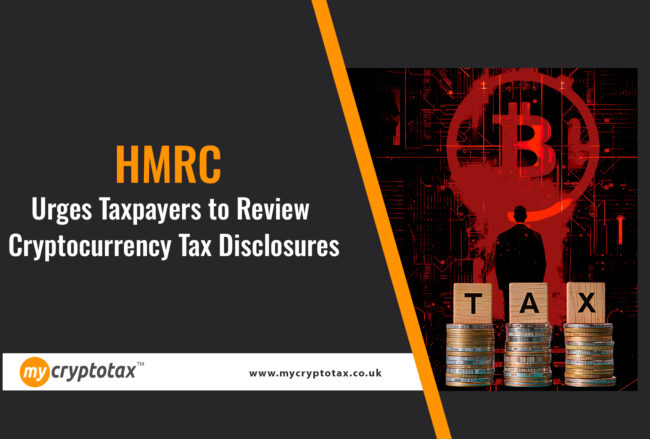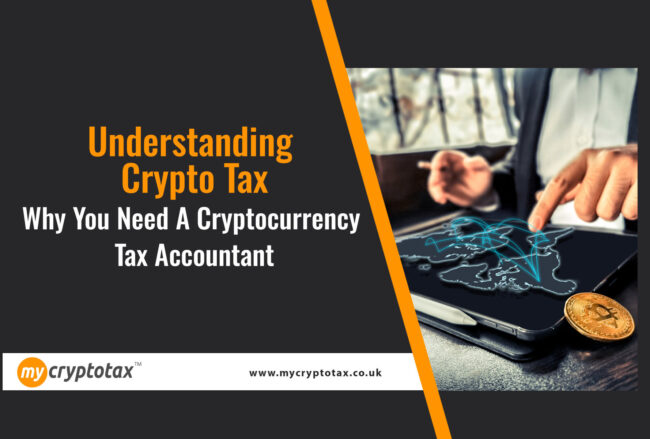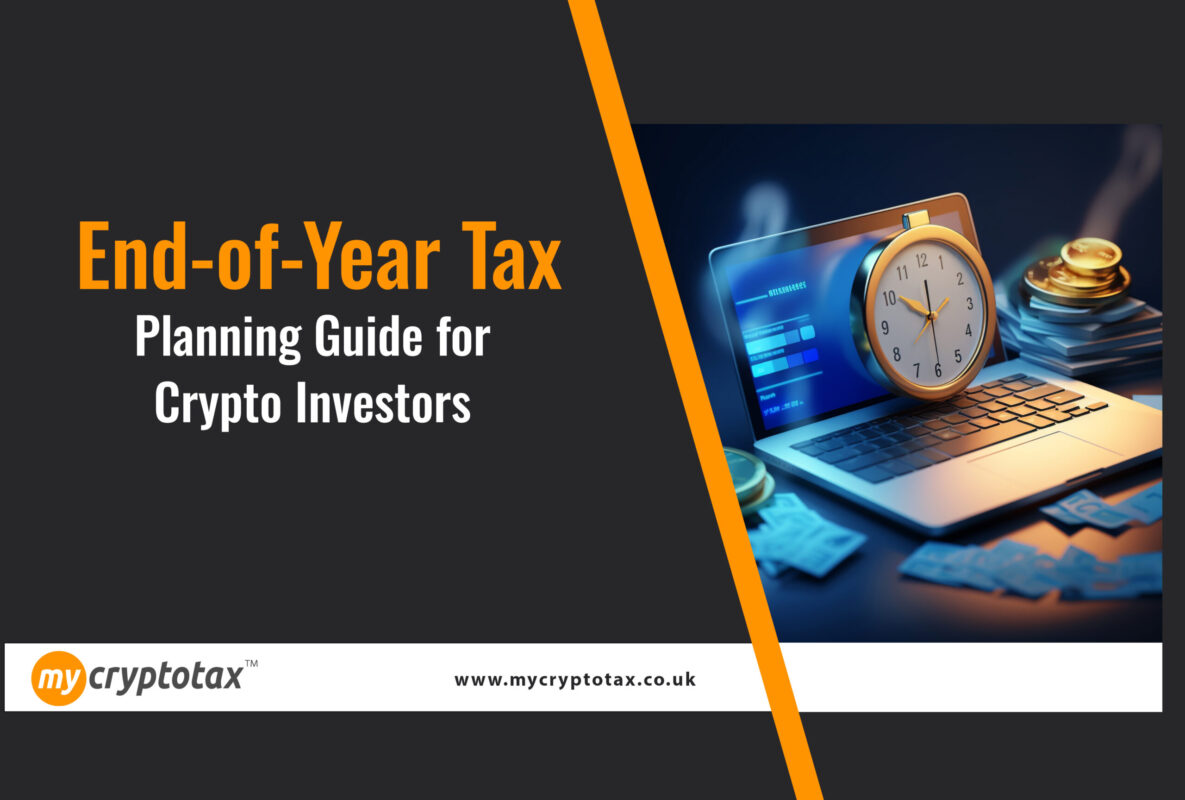Summary of Key Points
• HMRC offers multiple ways for taxpayers to report their mistakes or UN reported tax related to prior periods and update their tax affairs through disclosures.
• In November 2023, HMRC has opened a new Cryptocurrency voluntary disclosure service allowing taxpayers to report and correct undeclared tax related to cryptocurrency.
• Promptly making a complete, unsolicited voluntary disclosure before HMRC initiates any inquiries can reduce tax-related penalties, minimize late payment interest charges, and prevent a full investigation.
• It's crucial for taxpayers to select the appropriate method for their disclosure and steer clear of potential pitfalls
A Guide to Voluntary Disclosures for Cryptocurrency Tax Corrections
As cryptocurrency transactions become more prevalent, tax authorities are keen to ensure that all taxable events are accurately reported. In the UK, HM Revenue and Customs (HMRC) has been actively updating its guidelines on cryptocurrency taxation. One important aspect of this evolving regulatory framework is the concept of voluntary disclosure. This guide explains how the HMRC new Cryptocurrency Voluntary Disclosure Service works for cryptocurrency holders, the benefits of using the service, the steps involved in making a disclosure and the common pitfalls to avoid.
What is the HMRC Cryptocurrency Voluntary Disclosure service?
November 2023, HMRC launched a new Cryptocurrency Disclosure Service as a means for taxpayers to voluntarily disclose previously undeclared income, gains, or profits, from cryptocurrency activities. For cryptocurrency holders and traders, this means accurately reporting all transactions involving digital assets, including buying, selling, trading, and even receiving cryptocurrencies as payment.
The HMRC Cryptocurrency Voluntary Disclosure service is an online platform that allows individuals and businesses to voluntarily disclose any underpaid or undeclared taxes. This service is particularly relevant for those who have not fully reported their cryptocurrency transactions and wish to rectify the situation without waiting for HMRC to initiate an investigation
Why Use the Cryptocurrency Disclosure Service?
Mitigate Penalties: Using the disclosure service can significantly reduce the penalties that might otherwise be imposed if HMRC were to discover undeclared cryptocurrency transactions on its own. By coming forward voluntarily, taxpayers can benefit from reduced fines and interest charges. HMRC is more likely to take a lenient approach with taxpayers who come forward on their own accord
Demonstrate Compliance: Voluntary disclosure shows a willingness to comply with tax and AML regulations, which can foster a more favourable relationship with HMRC. This proactive approach can lead to a smoother tax process in the future.
Peace of Mind: As the regulatory landscape for cryptocurrencies continues to evolve, the chances of retrospective investigations increase. By voluntarily disclosing now, settling any outstanding tax liabilities can provide peace of mind and taxpayers can mitigate the risks associated with future regulatory changes and investigations.
Is this the right disclosure route?
Taxpayers have several methods to report mistakes to HMRC, each with its own criteria and benefits. The most suitable option depends on the taxpayer's specific circumstances and the particular issues that need to be disclosed.
The cryptocurrency disclosure service is designed for individuals needing to disclose historical income tax or capital gains tax (CGT). For income or gains related to the 2022/23 tax year, there is still time to submit a return, and for 2021/22, there is still time to amend an incomplete previously submitted return. While this route is available for undeclared taxes, it is not mandatory to use it. Individuals with more complex financial situations or other undisclosed taxes unrelated to cryptocurrency should consider seeking professional advice to determine if other disclosure options might be more appropriate.
Other Disclosure facilities include:
• The contractual disclosure facility (CDF), operated by HMRC’s Fraud Investigation Service under Code of Practice 9, is for disclosures of deliberate tax non-compliance or tax fraud. Using the CDF to make full disclosures grants taxpayers immunity from criminal investigation, resolving the issue through civil law.
• The worldwide disclosure facility (WDF) where some or part of the undisclosed tax relates to an offshore matter
• The general digital disclosure service, which may be relevant if there are other taxes, not just income tax and CGT at stake. E.g let property campaign
The Cryptocurrency Voluntary disclosure process
Cryptocurrency Voluntary Disclosures generally involve:
Step 1: Notification
The first step is to notify HMRC of your intention to make a disclosure. Once HMRC receives your notification, HMRC will issue the Disclosure reference number (DRN) and Disclosure payment reference (DPR). You will have 90 days to complete the disclosure process.
Step 2: Gather Information
During the 90-day window, gather all relevant information and records related to your cryptocurrency transactions, including, Trades, income such as rewards, airdrops, spends and transfers.
Step 3: Calculate Tax Owed
Calculate the total tax owed on your cryptocurrency transactions. This involves determining capital gains or losses for each transaction by comparing the disposal proceeds with the acquisition costs based on relevant tax rule such as S104 and S105 etc. For income tax purposes, consider any cryptocurrencies received as income through mining, staking, NFT and other crypto income etc.
Step 4: Complete the Disclosure
Complete the disclosure offer to HMRC. This form requires detailed information about your cryptocurrency transactions, the tax owed, and any interest or penalties. Be thorough and accurate to avoid any issues during the review process and take into account accurate penalty rates relevant to the behaviour and interest rates when calculating the tax due.
Step 5: Submit and Pay
Submit the completed disclosure form along with the calculated tax owed. Payment can be made online through various methods, including bank transfer and credit/debit card. Ensure to quote the DPR disclosure payment reference that you keep records of your submission and payment for future reference.
Conclusion
The HMRC Digital Disclosure Service is an essential tool for cryptocurrency holders who have previously underreported or not reporting their transactions. By taking advantage of this service, taxpayers can rectify their tax affairs, avoid substantial penalties, and demonstrate their commitment to compliance. As cryptocurrency regulations continue to evolve, staying proactive and transparent with HMRC is crucial for ensuring a smooth and compliant financial future










